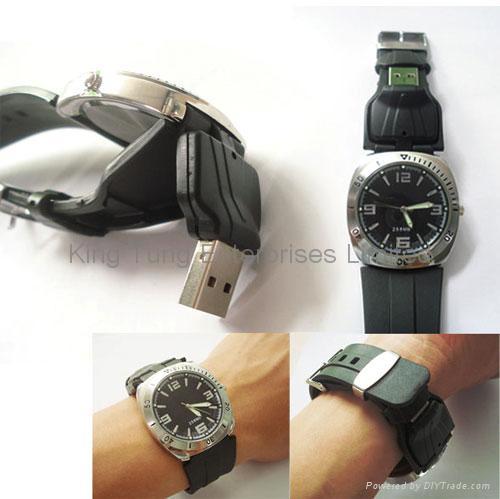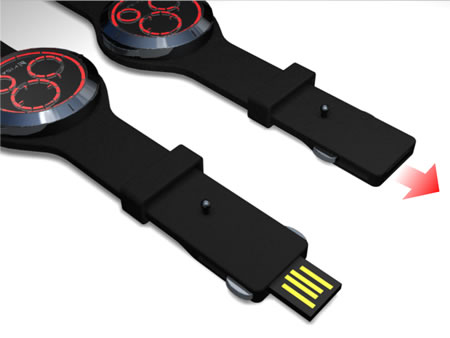soulchill
Well-Known Member
- Joined
- Aug 8, 2012
- Messages
- 1,333
- Reaction score
- 110
Obvious things that come to mind are mostly mentioned:
1. if allowed, put a router between you and the dorm.
- don't broadcast your SSID if it's wireless
- use a good password
- don't allow WAN side access to your router
- static assign allowed MAC's to router
2. don't share things (no public/shared folders)
3. turn off remote desktop/remote help (similarly, don't run an ftpd or sshd on it)
4. use anti-virus software and keep it current
5. don't run things you can't trust.
6. Don't let other people access your laptop to where they can get your MAC.
7. Change password on your laptop periodically
8. If your concern is data integrity vs no one seeing it, image the whole thing periodically as well.
There used to be a program called "activeports" that would tell you what ports programs were using, so if you did see stuff hitting your computer, it would show you which process was running.
1. if allowed, put a router between you and the dorm.
- don't broadcast your SSID if it's wireless
- use a good password
- don't allow WAN side access to your router
- static assign allowed MAC's to router
2. don't share things (no public/shared folders)
3. turn off remote desktop/remote help (similarly, don't run an ftpd or sshd on it)
4. use anti-virus software and keep it current
5. don't run things you can't trust.
6. Don't let other people access your laptop to where they can get your MAC.
7. Change password on your laptop periodically
8. If your concern is data integrity vs no one seeing it, image the whole thing periodically as well.
There used to be a program called "activeports" that would tell you what ports programs were using, so if you did see stuff hitting your computer, it would show you which process was running.




